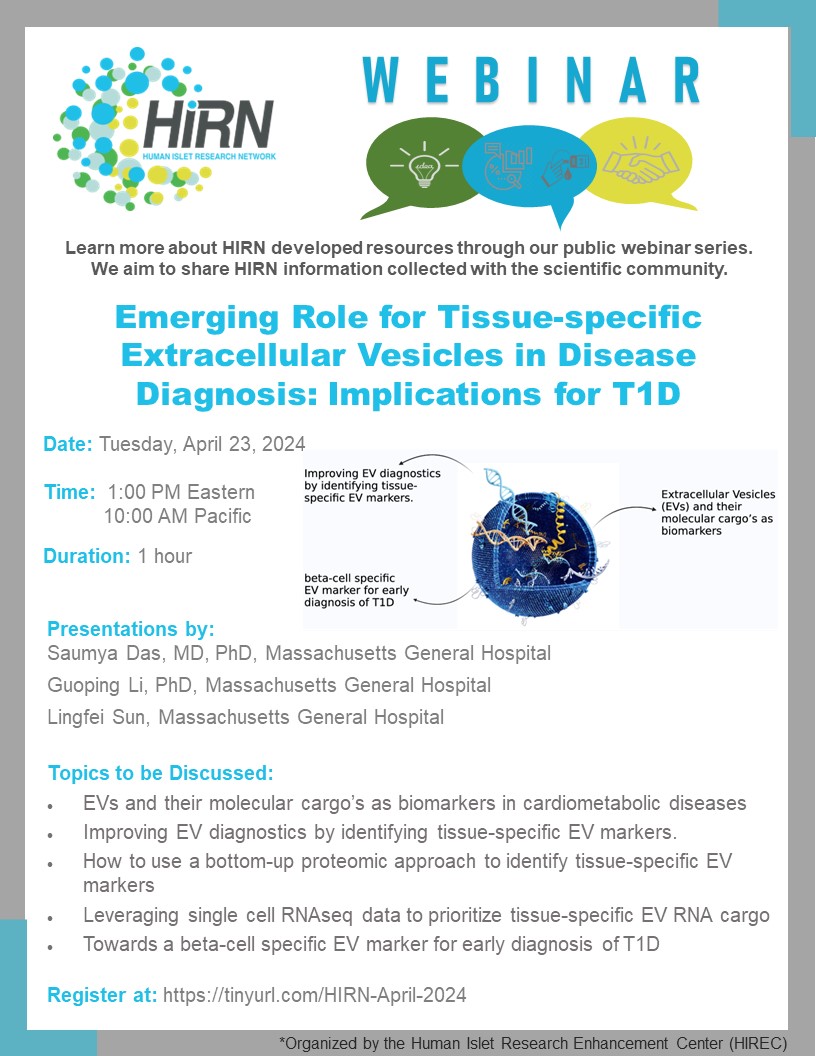Leaving Community
Are you sure you want to leave this community? Leaving the community will revoke any permissions you have been granted in this community.
NIH/KOMP Workshop on Gene Essentiality and Fetal Precision Medicine (Jan. 7, 2021)
Here is the information from IMPC (International Mouse Phenotyping Consortium):
"
NIH/KOMP workshop on gene essentiality and fetal precision medicine
January 7th 2021 from 12 – 4 PM EST
The International Mouse Phenotyping Consortium (IMPC) is systematically evaluating the effect on the viability when both copies of a genes are knocked out for all protein-coding genes, with data on 7,022 genes already available (Data Release 12). A whole spectrum of essentiality is observed from embryonic lethal (24%), subviable (9%), viable with observable phenotypic changes (46%) through to no detectable phenotype (21%). The results correspond well with what is known about the effect of knockouts of genes in humans from cellular essential screens, rare disease sequencing projects, and population sequencing. We have recently described this spectrum of essentiality and how the category of genes that are developmentally lethal are a valuable resource for Mendelian disease gene discovery, complementing gene intolerance measures from human populations sequencing data in GnomAD.
As well as the viability data, the IMPC has systematically collected detailed embryonic and adult phenotypic data on each line. Automated comparison of this data with patient and reference disease phenotypes are already used for diagnosis and discovery in rare disease sequencing projects such as the 100,000 Genomes Project and the Undiagnosed Disease Programme and Network using software such as Exomiser. Whole exome and genome sequencing for genetic diagnosis of miscarriages, pregnancy terminations or prenatal samples is becoming increasingly important in a clinical context e.g. see the recent NICHD call for Genomic Predictors of Pregnancy Loss (https://grants.nih.gov/grants/guide/rfa-files/RFA-HD-21-005.html).
This workshop will explore how best to combine IMPC and human sequencing resources for fetal precision medicine and to further our understanding of the intolerome and, at the opposite end of the spectrum, apparently dispensable genes identified in consanginous populations.
Session 1: International Mouse Phenotyping Consortium (IMPC) resources
12-12.15 Steve Brown, MRC Harwell, UK - Introduction to IMPC resources and research findings
12.15-12.30 Henrik Westerberg, MRC Harwell, UK - Embryonic phenotyping of homozygous lethal mouse lines in the IMPC
12.30-12.45 Pilar Cacheiro, Queen Mary University of London, UK - A catalogue of variation resulting in human lethality
12.45-1 Panel discussion and questions
Session 2: Prenatal genomics and molecular autopsy of stillbirths
This session will address the challenges, as well as successes so far, in using prenatal genomics and stillbirth sequencing for early diagnosis of Mendelian disorders, discovery of new disease genes and defining the intolerome.
1-1.15 Aleksandar Rajkovic, Chief Genomics Officer, UCSF Health Center for Clinical Genetics and Genomics - The continuum of lethality from infertility to implantation and beyond.
1.15-1.30 Igna Van den Veyver, Director for Prenatal Genetics, Maternal Fetal Medicine/Genetics, Texas Children’s Hospital & Baylor College of Medicine - Current and future impact of genome-wide sequencing on fetal precision medicine
1.30-1.45 Ron Wapner, Columbia University Medical Center, New York, NY, USA - WES in evaluation of fetal structure anomalies and identification of causal genetic variants in stillbirth
1.45-2 Esther Dempsey, St George’ University Hospital, UK - The clinical utility of exome sequencing in prenatal diagnostics
2-2.15 Peter Robinson, The Jackson Laboratory, USA - Ontologies to capture embryonic phenotypes
2.15-2.30 Panel discussion and questions
2.30-2.45pm Break
Session 3: Intolerance to loss of function (LoF) from a population/evolutionary perspective
2.45-3 David R. Beier, Uni of Washington, Seattle Children’s Hospital - Heterozygote selection, haploinsufficiency, and a Black Hole of developmental biology.
3-3.15 David Van Heel, Barts and The London School of Medicine and Dentistry, Chief Investigator and Joint Lead, Genes and Health - Health and population effects of rare gene knockouts in adult humans with related parents
3.15-3.30 Margarida Cardoso Moreira, The Francis Crick Institute, UK - Developmental gene expression in humans and mammalian models
3.30-3.45 Eric Minikel, Broad Institute, GnomAD team - Leveraging loss-of-function variation from large-scale population sequencing to inform drug target evaluation
3.45-4 Panel discussion and questions"
If there are any questions, please direct them to Damian Smedley (d.smedley@qmul.ac.uk) and Sean Garin (sean.garin@nih.gov).
Source and more information:






